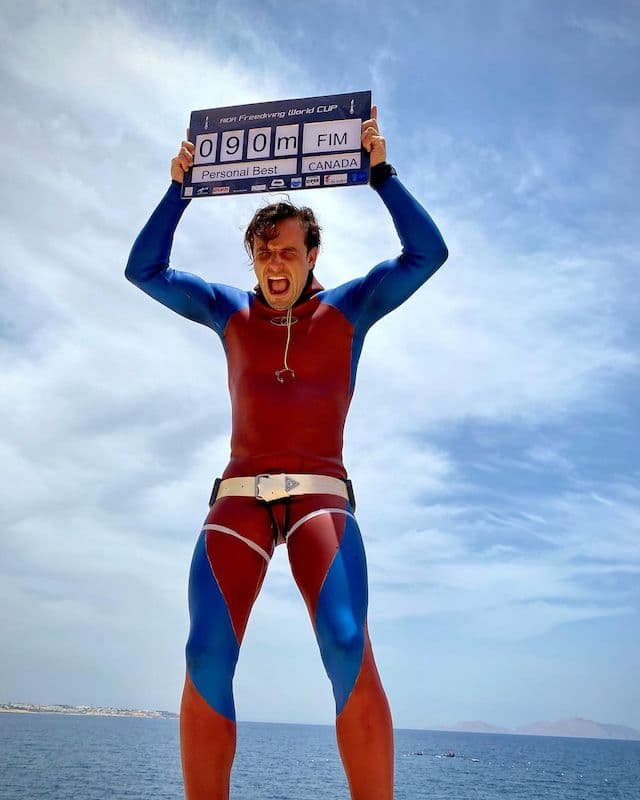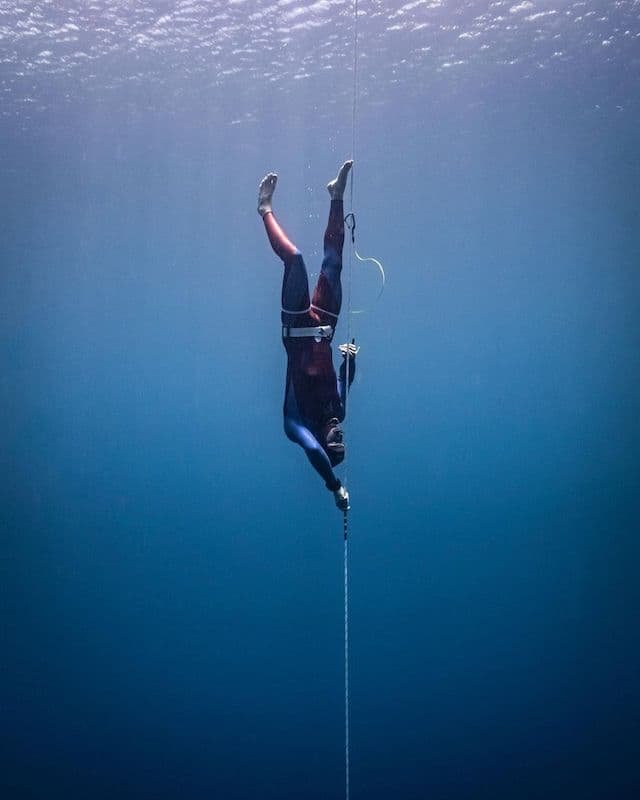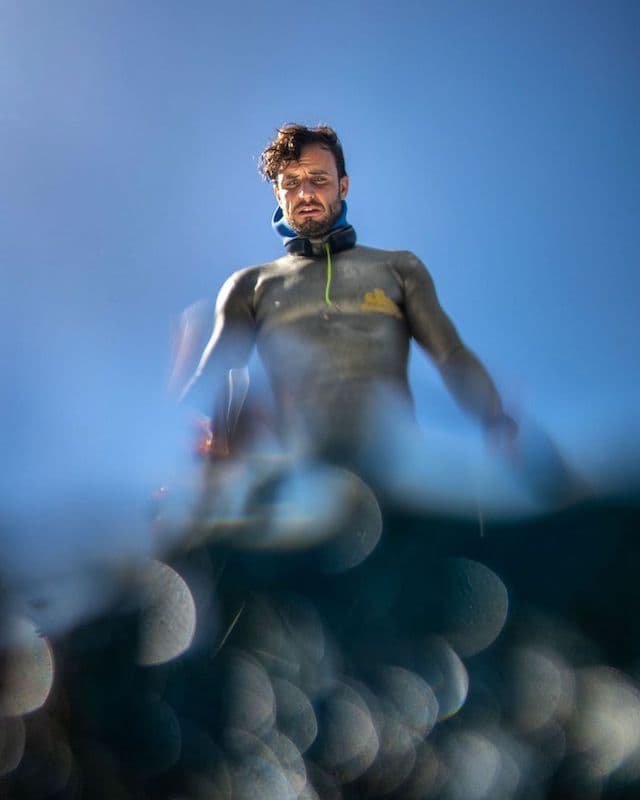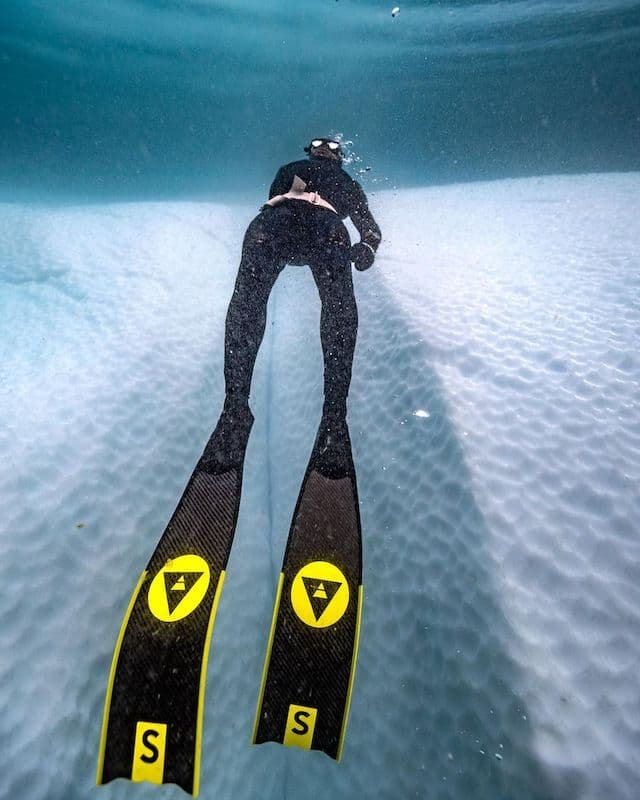During my childhood, I developed a strong connection with water, having grown up in the Mediterranean and spending summers in Croatia, Italy, Greece, and the South of France. However, when I was around 7 years old, my family relocated to Montréal, Canada. Despite the change in environment, I continued to indulge in water-related activities, spending a significant amount of time in the Laurentian forests up north, diving and enjoying the lakes during weekends and summers.
In the summer of 2010, I embarked on my first backpacking trip, which brought me to a small beach in Dominical, Costa Rica. Young, inexperienced, and carefree, I found myself in a perilous situation unknowingly. It turned out that the beach I was at, later discovered to be one of the most dangerous in Central America, had a high fatality rate for surfers. Miraculously, a volunteer lifeguard named Andrew saved me from a potentially tragic fate. When he pulled me out of the water, his expression was a mix of surprise and relief. He had feared encountering another lifeless body, as he had only recently recovered one not long ago. An ambulance intended for transporting deceased individuals was even waiting on the beach as I emerged.
Following this traumatic incident, I experienced a period of sadness and depression. However, gradually, I developed a profound fascination with freediving and establishing a deeper connection with the ocean. I sought out a new way to engage with water. Between 2011 and 2013, I frequently visited my sister who lived on the Caribbean island of Grenada. During those visits, we engaged in activities like freediving, spearfishing, and harvesting.

Subsequently, I enrolled in my first freediving course in Montréal and soon after relocated to Vancouver, seeking proximity to the ocean. While completing my master's degree in geological engineering at the University of British Columbia, I found myself spending more time outdoors than in the classroom. The allure of the mountains and the nearby sea was irresistible.
By 2018, I had become a certified freediving instructor, teaching on weekends while working as an engineer. In 2019, I seized the opportunity to take a break from my engineering career and the demanding office life, dedicating myself fully to freediving and spearfishing. I established my own school, Sea to Sky Freediving Co., operating along Vancouver's Sea to Sky Highway. Later in 2019, I made the decision to move to Siquijor, Philippines, and establish Siquijor Freedivers. Living in Siquijor, I ran the school until the COVID-19 pandemic hit in 2020. Despite the global lockdowns, myself, my friends, and my students enjoyed a remarkable period of freedom, diving daily, exploring caves, and hiking on this small, idyllic island, while the rest of the world remained shut down.

Freediving offers a profound sense of serenity and calmness. It slows down time, allowing you to fully appreciate the extraordinary privilege of "breathing air." There is truly no other sport quite like it because, when it comes down to it, we are primarily terrestrial creatures. While many other sports can induce a state of flow and focused mindset, freediving takes this concept to a whole new level. It is the only activity (unless you're at extremely high altitudes without supplemental oxygen) where your breath, breathwork, and mind are genuinely challenged. Even running a marathon or practicing yoga pales in comparison.
However, it's important to note that freediving can be a safe sport if you adhere to basic education, training, and guidelines. Firstly, it's crucial to learn proper breathing techniques and avoid hyperventilation. Surprisingly, most adults have never been taught what correct breathing really looks like. I've had to teach professional surfers, runners, and mountaineers how to breathe more effectively, which is quite astonishing.
The duration of breath-holding varies depending on the discipline and depth of the dive. My personal favorite and specialty are deep hangs. During deep hangs, you take a single breath, descend to 40-50 meters, and linger there for a while before resurfacing. It's a true test of both the body and the mind. My best achievement so far is a total dive time of 4 minutes and 30 seconds, with approximately 2 minutes spent peacefully suspended at a depth of 40 meters (around 130 feet). It's an incredible experience to just relax and exist in that zone.

Recently, we had a project in Mexico, and the exploration of the Yucatan cenotes left me completely astounded. It was an unexpected revelation... no amount of pictures or videos could have prepared me for the sensation of diving into these colossal underground caves that could easily accommodate a stadium. It was an experience that defied imagination.
During a recent expedition in the Red Sea, not far from Sudan, our objective was to locate spinner dolphins. After a week of searching, we were fortunate enough to dive alongside these magnificent creatures. The encounter was truly life-changing, leaving an indelible mark on my soul.
Greenland proved to be an untamed frontier. While filming a short film on mental health, I trained a diver to engage in freediving under icebergs without the aid of a wetsuit, mask, or any breathing apparatus, relying solely on breath-holding. The combination of freediving, ice climbing, and even paddle-boarding in and around icebergs was undeniably one of the most mind-boggling experiences I have ever had. I made a conscious effort not to update my mother regularly, aware that the sheer excitement would have been overwhelming for her.

Spearfishing along Canada's Pacific Northwest Coast is a tradition for me every summer. It is an often overlooked diving destination, yet one of the most captivating in the world. Yes, the waters are chilly, but the beauty surpasses any discomfort, especially when compared to the icy temperatures of Greenland!
Cyprus and the Mediterranean hold a special place in my heart, prompting me to engage in freediving the Zenobia Shipwreck using DPVs (underwater scooters) every October. It is an activity that I consistently find myself drawn to, particularly when the waters of southern Cyprus are as calm and reflective as a mirror.